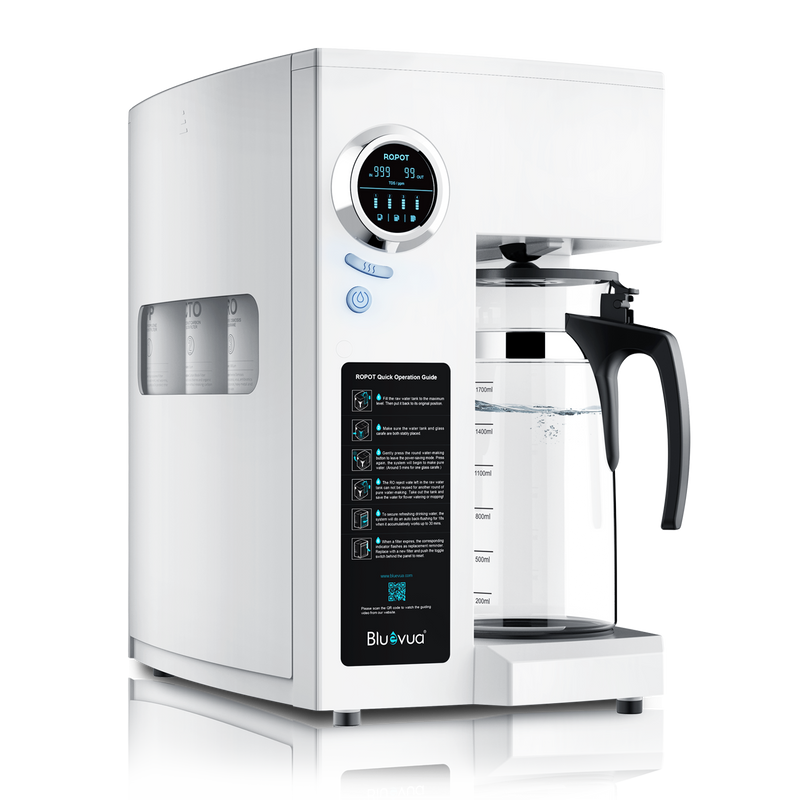Introduction to Reverse Osmosis Water Filter Systems
Reverse osmosis water filter systems have become a cornerstone in the industrial sector for ensuring the purity and safety of water. These systems are designed to remove contaminants and impurities, making water suitable for various industrial applications. But what exactly are reverse osmosis water filter systems, and how do they work?

How Reverse Osmosis Works
Reverse osmosis (RO) is a water purification process that uses a semi-permeable membrane to remove ions, molecules, and larger particles from drinking water. In an industrial setting, this process is crucial for maintaining the quality and safety of water used in manufacturing, food processing, and other critical applications.
"Reverse osmosis systems are highly effective at removing contaminants such as lead, chlorine, and other harmful substances, ensuring that the water meets stringent quality standards."
In essence, water is forced through the semi-permeable membrane, which acts as a barrier to contaminants. The clean water, or permeate, passes through, while the concentrated contaminants, or brine, are flushed away.
Benefits of Reverse Osmosis Water Filter Systems
There are numerous benefits to using reverse osmosis water filter systems in the industrial sector:
- High Efficiency: RO systems are highly efficient at removing a wide range of contaminants.
- Cost-Effective: Over time, these systems can save money by reducing the need for chemical treatments and other purification methods.
- Environmental Impact: RO systems produce less waste compared to other filtration methods, making them more environmentally friendly.
For instance, the RO System 123 is a popular choice in the industry due to its high efficiency and reliability.

Applications in the Industrial Sector
Reverse osmosis water filter systems are used in a variety of industrial applications, including:
- Manufacturing: Ensuring the purity of water used in the production process.
- Food and Beverage: Maintaining the quality and safety of water used in food processing.
- Pharmaceuticals: Providing ultra-pure water for drug manufacturing.
These systems are also essential in industries where water quality directly impacts product quality and safety.
Choosing the Right Reverse Osmosis System
When selecting a reverse osmosis water filter system for your industrial needs, consider the following factors:
- Capacity: Ensure the system can handle the volume of water required for your operations.
- Efficiency: Look for systems with high rejection rates for contaminants.
- Maintenance: Choose systems that are easy to maintain and have readily available replacement parts.
For example, the RO System 456 offers a high capacity and easy maintenance, making it ideal for large-scale industrial applications.

Conclusion
In conclusion, reverse osmosis water filter systems are indispensable in the industrial sector. They provide a reliable and efficient means of ensuring water purity, which is crucial for various industrial applications. By understanding how these systems work and their benefits, you can make an informed decision when selecting the right system for your needs.
For a more detailed understanding, you can watch this video overview of reverse osmosis water filter systems.